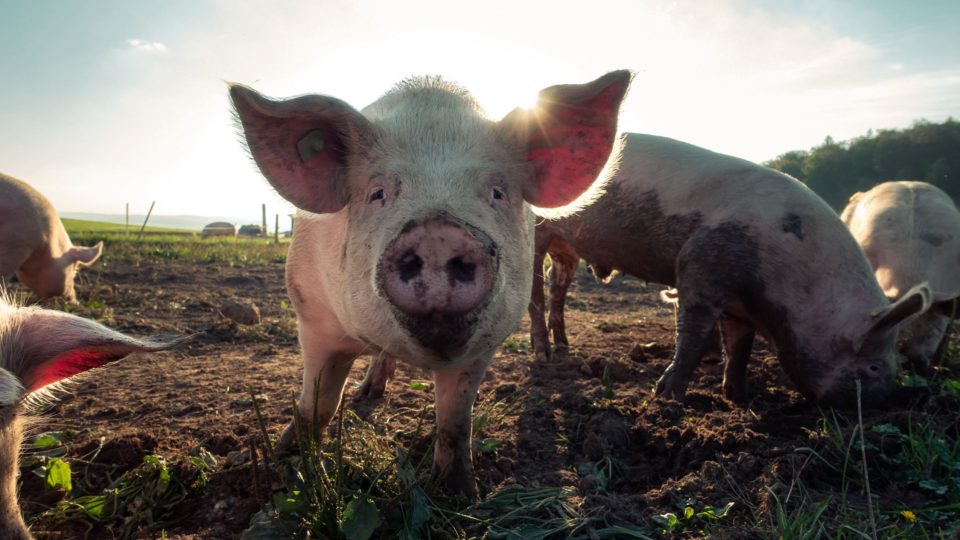Fears of a swine flu outbreak that first surfaced back in June were today confirmed by the Philippines’ Department of Agriculture, which announced that African swine fever, or ASF, is now present in several areas in the country.
Speaking at a press conference, Agriculture Secretary William Dar revealed that 14 of 20 blood samples taken from a group of pigs that recently died and sent to the UK for analysis tested positive for ASF, reported The Philippine Daily Inquirer. A specific time-frame for the deaths was not given.
“We received late last week laboratory test results coming from the United Kingdom — a test called a polymerase chain reaction test. Twenty blood samples [were] sent and out of the 20 blood samples, 14 are positive with African swine fever,” Dar said.
Read: Chinese luncheon meat seized from returning OFW tests positive for African Swine Fever
Dar also revealed that seven areas in Luzon have been affected with ASF: the villages of San Jose, Macabud, San Isidro, San Rafael, Mascap, and Cupang in Antipolo City as well as Guiguinto in Bulacan province, according to Rappler. Experts believe the virus came from food waste disposed by local restaurants and pork products brought into the country by overseas Filipino workers, Dar said.
Dar added that about 7,416 pigs within a one-kilometer radius of affected areas have already been culled as a precautionary measure. The government has given financial aid to farmers whose pigs have been slaughtered, reported ABS-CBN News.
Dar assured the public that despite the existence of ASF, pork being sold in the Philippines remains safe to eat as long as it bears the National Meat Inspection Service seal.
According to the World Organization for Animal Health, ASF is a severe viral disease that affects both domestic and wild pigs and could cause their deaths. It can be transmitted when a pig comes into contact with another that has been afflicted with ASF or when it eats something that tested positive for the virus.
To control the spread of the virus, the Food and Drug Administration has banned all processed pork meat products from countries affected by ASF, such as Hungary, Latvia, Poland, Romania, Russia, Ukraine, Vietnam, and Zambia, among others.




